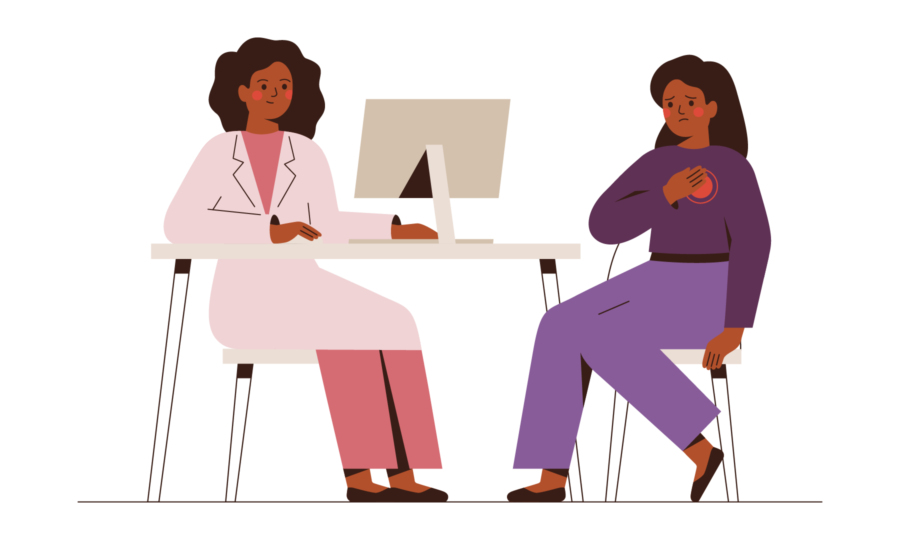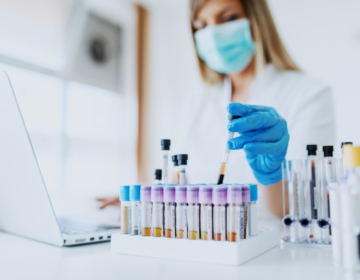What are rare diseases?
In Australia, a disease is considered rare if it affects less than 5 in 10,000 people. There are more than 7,000 rare diseases that are life threatening or chronically debilitating. Around 8% of Australians (2 million people) live with a rare disease.
Approximately 80 per cent of rare diseases are of genetic origin. Types of non-genetic rare diseases include cancers, infections, and autoimmune disorders.
Living with rare diseases
Rare diseases, like many other chronic diseases, are often serious and progressive. They typically display a high level of symptom complexity and thus are a significant cause of ongoing health and psycho-social challenges. There is no cure for many rare diseases, so improving quality of life and extending life expectancy of people living with a rare disease relies on appropriate treatment and care.
Seeking a diagnosis, finding treatment, and accessing support groups are all crucial for the health and wellbeing of people with rare diseases, and their families.
Ways that you can support people with rare diseases
SWAN Australia is a community of unique children and their families. They provide information, support and systemic advocacy for families caring for a child with an undiagnosed or rare genetic condition. Just about every rare disease also has its own advocacy organisation. You can also visit Rare Voices Australia for more information.
Ask questions gently
Dealing with their illness is a long road for many people living with a rare disease. Some spend years just trying to get a diagnosis or trying different treatments. You can ask questions, but ask gently and keep in mind that some people prefer not to discuss their health.
Be understanding about their challenges
Some people with rare diseases or compromised immune systems may have to drastically change the way they live and interact with others. For example, someone with a rare disease might cancel plans more often than they would like to. They may not be able to join you for a workout session or a community event, but it is recommended that you send them an invitation regardless. They want to know that you do want them around.
How can I tell if I'm a carrier of a rare disease?
The preconception screen is a blood test that you can have before you become pregnant, to help determine your likelihood as a couple of having a child with a genetic disorder that can negatively impact their health. This tests for hundreds of diseases such as cystic fibrosis and Huntington’s disease.
Early diagnosis is the best way to ensure better patient outcomes and enables more immediate and accurate care for patients.


